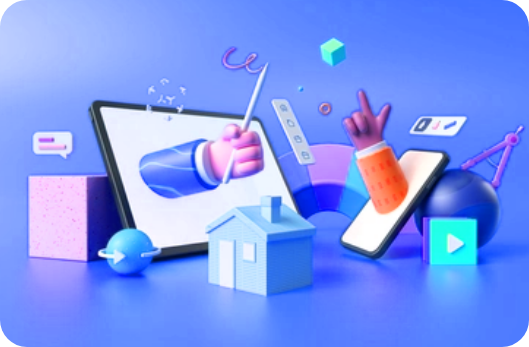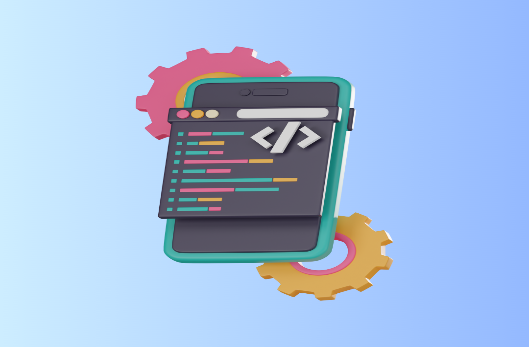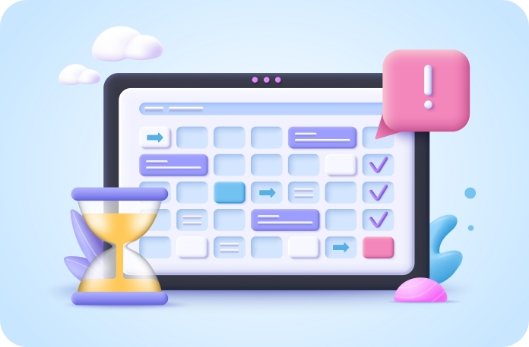Popular
How going paperless by using school ERP software helps organisations

It is vital in the present day to have an awareness of one's impact on the environment in order to avoid the future from being depressing as a result of a shortage of natural resources. Paper has been an essential part of human history, playing an important role in the evolution of both the artistic and scientific communities from the dawn of time. Nevertheless, this is no longer essential as a result of the development of effective alternatives made possible by advances in technology. One of these choices - ERP Software will completely transform education.
"Go Green, Go Paperless" is a well-known environmental phrase that is taught to
youngsters all around the world. "Go Green" refers to eliminating the use of paper. Adopting school ERP software is one of the strongest things that can be said to help students learn and grow without harming the environment significantly. This is especially important when you consider that 900 million trees are cut down every year.
Saving time, money, and effort with the use of digital information storage makes
administration simpler and increases overall workplace efficiency. For instance, the traditional approach to store information mandated that every student maintain their very own separate file. Having said that, the teacher may now type the student's name to immediately access their file. ERP technology has made it possible for instructors to complete all of their responsibilities online, resulting in an efficient paperless procedure.
Do you have an interest in learning about the additional advantages that
reducing or eliminating the use of paper may provide to educational
institutions?
1) Effective and efficient organisational processes
It is essential for the financial management as well as the administrative functions of schools to generate, collect, and store data. The inaccurate recording of information might potentially lead to significant mistakes. The administration of hostels, the processing of research grants, the management of online admission data, keeping track of school payments, monitoring of student grades, and themanagement of payroll services are the primary activities that fall under the umbrella of the administrative side of operations.
To do all of these computations manually for the purposes of an audit on paper is quite challenging, and storing the paper copies in a safe location is a major hassle. The best programme to manage administrative work without any procedural snags is enterprise resource planning (ERP) for education. All of these obligations are finished in a well-organised manner with the help of efficient school software, and there is no need to worry about any unexpected risks or liabilities because of this.
2) Attending to the requirements of the students
The traditional approach of teaching has been pushed to the background as a result of the integration of smart school ERP that has started to take place in educational institutions. Students now have the opportunity to choose online learning, which replaces traditional textbooks with vast amounts of current electronic content that can be accessed with the click of a mouse and provides a true classroom experience from the convenience of the student's own home or any other location. This option gives students the flexibility to pursue their education from anywhere in the world. Getting closer to the goal of providing a learning experience that is totally free of paper and is characterised by a high level of interaction.
3) Reduces unnecessary expenditure
According to some estimates, each child may read one thousand pages over the
course of a single year. In addition, teachers require papers in order to record
students' attendance, hand out reading assignments, organise student files, and
generate report cards. The cost is increased by things like printing machines,
photocopiers, ink, and staplers, etc. ERP has the potential to bring down the costs connected with these resources, and the money that is saved may be used toward improving educational standards.
4) Structured data
Every school of higher education maintains a record of its students' academic
progress. The laborious collection, documentation, and monitoring of all the data may be taxing for the staff members working at the school. ERP software is sometimes used in educational institutions to facilitate the automated organisation and collection of data. The record is checked by the system on a regular basis, and any necessary adjustments are made. In addition to this, it makes it simpler for themanagement of the school to disseminate critical announcements and time-sensitive reminders.
5) Increases security
ERP software stores student information in a safe manner and only allows
authorised individuals access to this data. As a direct result of this, only personnel who can be trusted have access to sensitive data. In addition, it protects the data from being corrupted or lost in the case that a natural disaster occurs. Data that is manually preserved, on the other hand, leaves itself open to the risk of theft and misuse.
6) Retains parental engagement
The use of ERP software allows parents to be updated about the academic
achievement of their children. The ERP sends you notifications on attendance, PTA meetings, and the overall effectiveness of the classroom. In addition, the digital system enables the payment of any applicable fees over the internet and keeps a record of all official documents.
Accomplishing digital education in paperless schools is the goal
The cliche that the only thing that is constant in life is change applies to everyone and everything in the universe. The world has finally accepted that technology is getting better and faster. Schools must keep up with the rapid pace of technological advancement, or risk falling behind their competitors. The establishment of a school management system is beneficial to the students' overall preparation for the future. The elimination of paper from the process results in cost and time savings. Every educational establishment should give some thought to implementing a solution like this both for the good of the students as a whole and for the institution's own success.



